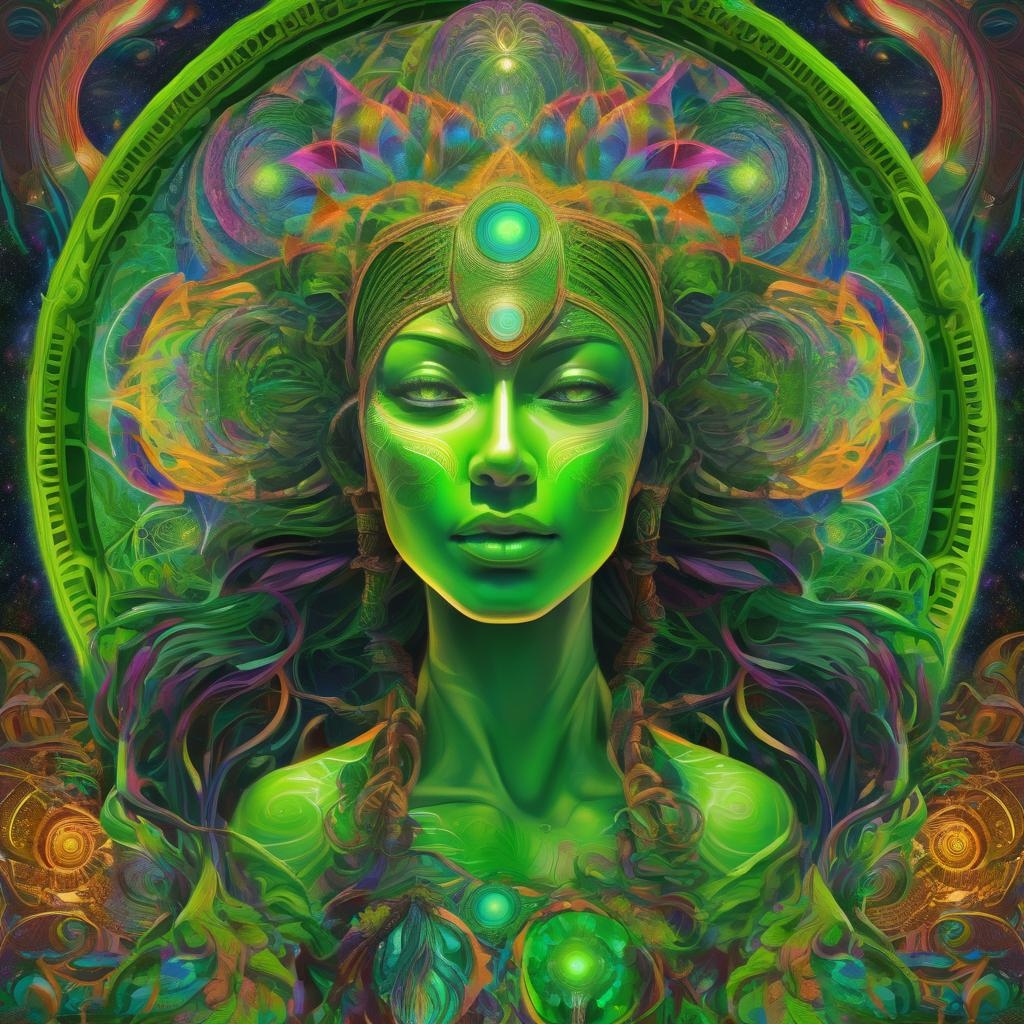Determinism is a philosophical doctrine positing that every event or state of affairs, including human actions and decisions, is the necessary outcome of preceding events, governed by the laws of nature. This concept is rooted in the principle of causality, which suggests that for every cause, there exists a specific and identifiable effect. In its classical formulation, determinism implies a universe that operates like a vast, intricate clockwork mechanism, where all parts are interconnected and each moment unfolds predictably from the preceding one.
A quintessential illustration of determinism can be found in the philosophical musings of Pierre-Simon Laplace, who famously envisioned a hypothetical intellect, often referred to as “Laplace’s Demon.” This entity, equipped with complete knowledge of the positions and momenta of all particles in the universe at a given instant, would theoretically be able to compute the entire past and future of the cosmos. This mechanistic worldview aligns closely with the deterministic framework of classical mechanics, where the universe is seen as a deterministic system governed by unyielding natural laws, suggesting that, in principle, everything from the motion of celestial bodies to the thoughts and actions of human beings could be predicted if only we had sufficient knowledge.
However, the deterministic paradigm has been challenged, particularly with the advent of quantum mechanics in the early 20th century. The probabilistic nature of quantum phenomena, epitomized by Heisenberg’s uncertainty principle and the wave-particle duality, introduces a degree of indeterminacy at the subatomic level. Events such as radioactive decay or the precise outcome of quantum measurements seem to defy deterministic prediction, leading to a philosophical tension: if randomness exists at the foundational level of reality, can we still consider the universe fundamentally deterministic? This debate highlights a critical bifurcation within the discourse on determinism: whether we inhabit a strictly deterministic universe, a probabilistic one, or a synthesis of the two.
In parallel to these discussions, simulation theory emerges as a fascinating contemporary perspective that adds layers of complexity to the determinism debate. This theory posits that our reality might be an advanced simulation created by a more technologically sophisticated civilization. Within this framework, the deterministic nature of the simulated universe could be attributed to the algorithms and rules established by the simulators. If our universe is indeed a simulation, the principles governing its operation may be predetermined by the parameters set by the creators. This raises intriguing questions about agency and free will: if we are merely participants within a simulation, to what extent do our actions represent true agency, and how do they align with the determinism of the underlying program?
Moreover, if one accepts the premises of simulation theory, it invites a radical re-evaluation of the implications of determinism. For instance, if our experiences and choices are mere outputs of a sophisticated computational process, then the notion of moral responsibility becomes profoundly complex. Are individuals accountable for their actions, or are they simply following a predetermined script dictated by the parameters of their simulated existence?
Thus, determinism, when considered alongside the nuances of quantum mechanics and the implications of simulation theory, invites a multifaceted exploration of the nature of reality, causality, and human agency. It challenges us to confront the boundaries of knowledge and prediction, the very essence of existence, and the philosophical ramifications of living within a potentially predetermined or simulated framework. This intricate interplay of ideas underscores the profound complexity of our understanding of the universe and our place within it, merging the realms of physics, philosophy, and speculative metaphysics into a rich tapestry of inquiry.

